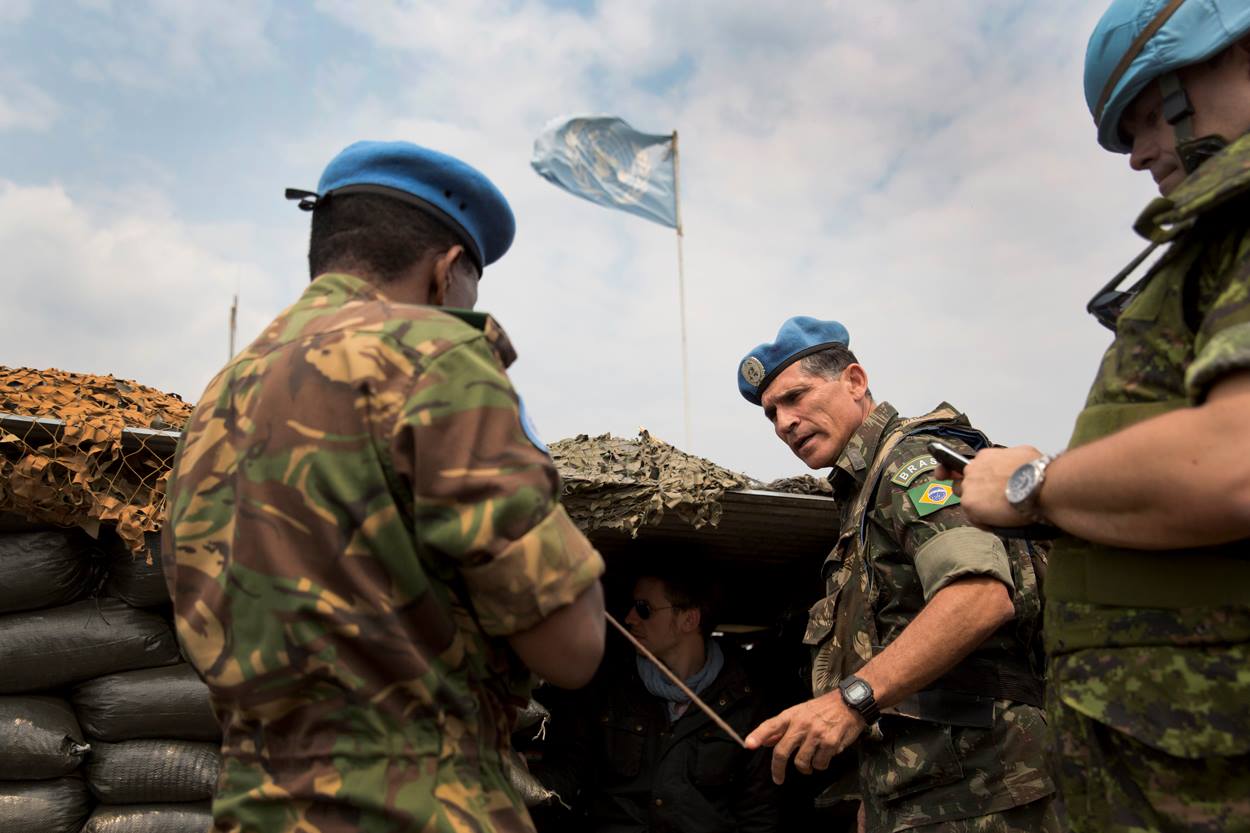The 28 decide on the principle of the EUFOR Rca Bangui operation

(BRUSSELS2) The 28 Foreign Ministers meeting in Brussels today gave the political "green light" to a military operation in the Central African Republic (EUFOR RCA Bangui).
Objective: secure the Bangui area
The operation will have a duration temporary "" up to 6 months ". The objective is to ensure security " in " Bangui area », to ensure the protection of civilians and to create a safe space for humanitarian access. EUFOR Rca Bangui will then pass “ the relay to the forces of the African Union », even the UN. The possibility of transforming the African Union force into a United Nations force is mentioned.
A first step... before others
In concrete terms, the ministers approved the Crisis Management Concept (CMC), which is the first politico-military planning document for the conduct of an operation. It will then remain to approve the framework decision which is the formal decision that sets the outlines of the operation and appoints the Head of Operation.
This should be done once the UN Security Council resolution is endorsed. The draft resolution - according to our information - will give the Europeans a mandate quite similar to that given to the French (read on the Club: the military intervention in the Central African Republic authorized by the UN), with the possibility of the use of force (Chapter VII).
It will also be necessary to have the name of the operation commander or even the force commander. It will then remain to approve the concept of operation (Conops) and the operation plan (OpPlan) which will be prepared with the operation (and force) commanders.
Finally, the Council will have one last decision, the launch of the operation, which is the real "green light" for deployment in the field of the military.
In the meantime, the European Union should obtain an official letter of invitation from the Central African government such as the signing - or at least a commitment to sign - a force protection agreement (SOFA) which will govern the wearing of uniforms, weapons on the spot, as well as the tax, criminal and administrative immunities from which the European force will benefit. The whole thing should take several weeks. Which is a fairly short time in planning a multinational operation. The Europeans have, in fact, to use the so-called "fast-track" procedure, put in place last June, during the revision of the crisis management procedures (Read: Reform of crisis management procedures approved).
A first assessment mission quickly then a gradual deployment?
The deployment will have to wait for the end of the European decision-making process. But it could start early, fairly quickly, with a first reconnaissance and assessment mission. Thus, very quickly, the future operations and/or force commander should go to Bangui to make contact with the various international officials on the spot and the Central African government. This will be followed by a small "precursor" team responsible for setting up the logistical arrangements necessary for the operation (in particular the C2 command and control). The deployment could then be spread over time, between the moment when the initial operational capability is fulfilled (IOC, around 400 men) and when the full operational capability (FOC) is reached.
Staff and Command
L'effective deployed will be that of a battalion (about 600 people). But for participating countries exactly. It will be necessary to wait on the one hand for each country to complete its own national decision-making process (decision of the government and/or parliament) and for the European force generation process to be completed. Read also: Who will participate in the EUFOR RCA Bangui mission? Point. The headquarters (OHQ) will be established in Larissa (Greece). This is the first time that this headquarters has been used.
Read also:
